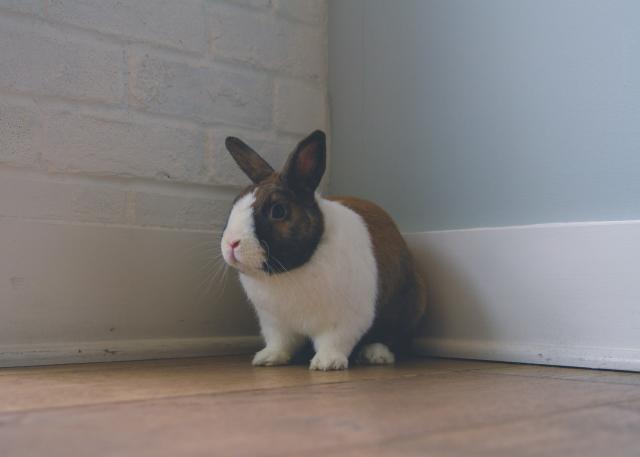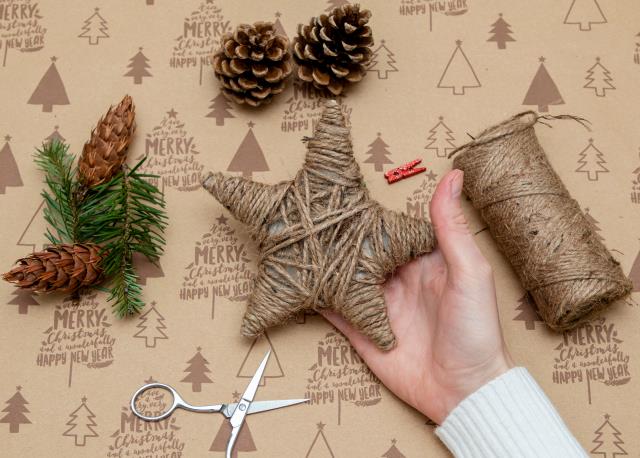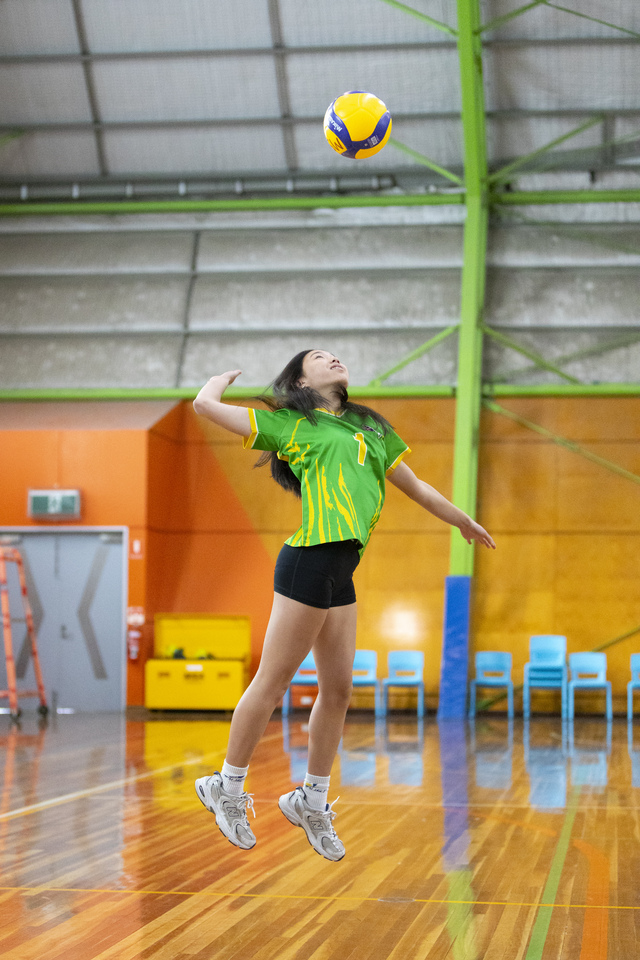RSPCA is calling on owners of small animals such as rabbits and guinea pigs to ensure their pets are safe and warm during the cool weather after it received more than 30 cruelty reports related to small animals this winter and expects cool weather to continue into spring.
RSPCA Victoria Inspectorate Team Leader Belinda Dent said many rabbits and guinea pigs come through the Inspectorate because people do not invest the time or energy that is needed to provide appropriate care, particularly during cold weather. Inspectors have brought in over 50 small animals since the start of June.
“Just because these animals are little doesn’t mean they deserve any less love or care,” Inspector Dent said.
“Small animals are particularly susceptible to extreme temperatures and sudden changes in temperature, so a mild day followed by a cold evening – which is often the case in spring – can be particularly problematic for our little friends. We suggest that you bring them indoors where the temperature is more stable to protect them from sudden temperature drops.
“Bringing your pets indoors also means they have plenty of room to exercise safely. Giving them space to run, jump, stand upright and express normal behaviours will not only keep them in shape, it will also keep their minds busy.”
Inspector Dent said that creating a spot that’s safe and warm for your small pet with fresh dry straw will allow them to burrow for warmth and will also ensure they have access to enough food.
“And for those who live in areas that get really cold, you may even consider providing your animals with a pet-safe heat pad to keep them super toasty,” Inspector Dent said.
Rabbits, guinea pigs, mice, rats and ferrets are all social creatures, so making sure they have a companion will help them thrive. Almost 60 small animals are currently available for adoption at RSPCA, and they all come health checked, microchipped, vaccinated and desexed.
Inspector Dent said there is more to rabbits and guinea pigs than people might think and encouraged those on the lookout for a pet to consider a pocket-sized pal.
“They may be small, but rabbits and guinea pigs are colourful characters with big personalities. They have just as much love to give as cats and dogs if their owners focus on building a strong bond and caring for them properly by giving them all they need,” said Inspector Dent.
Housing for rabbits
· Large, sturdy hutches or enclosed play pens are a great way to keep rabbits safe and secure while they enjoy a bit of outdoor time.
· Rabbits are very susceptible to the elements so keep them indoors on hot or cold days. Between 10 to 25 degrees is an optimal temperature; on any day outside this range your rabbit should be housed inside.
· Ensure to provide the minimum 4.5m2 space so they can happily expend their energy.
· All outdoor set ups must be insect-proofed to protect them from mosquito-borne diseases.
· Avoid enclosures with wire bases and always ensure your rabbits’ outdoor enclosure is shaded.
· Find out more about caring for rabbits: https://rspcavic.org/learn/rabbit-health/
Housing for guinea pigs
· The ideal ambient temperature for guinea pigs is between 16 to 24°C with a relative humidity of between 40 and 70%.
· Guinea pigs are also very susceptible to heat stress, and this can be fatal. Therefore, always ensure that they are kept in an area that is well-ventilated, provides adequate shade, and does not become hot.
· Provide an enclosure as large as possible; the minimum dimensions for the enclosure of a pair of guinea pigs are 2500cm2 of useable floor space for guinea pigs over 450g with an additional 900cm2 for each additional guinea pig weighing over 700 g. Enclosures should be at least 25 to 30cm high.
· All outdoor enclosures should be completely enclosed and strong enough to keep the guinea pigs safe from other animals, particularly predators such as dogs, cats, and foxes.
· Find out more about caring for guinea pigs at: https://rspcavic.org/learn/guinea-pigs/







